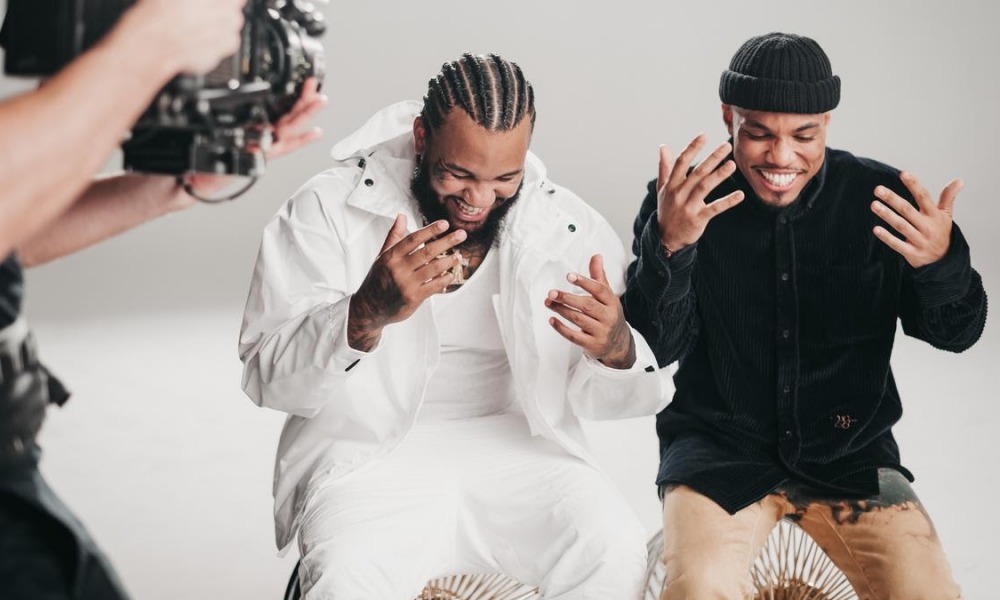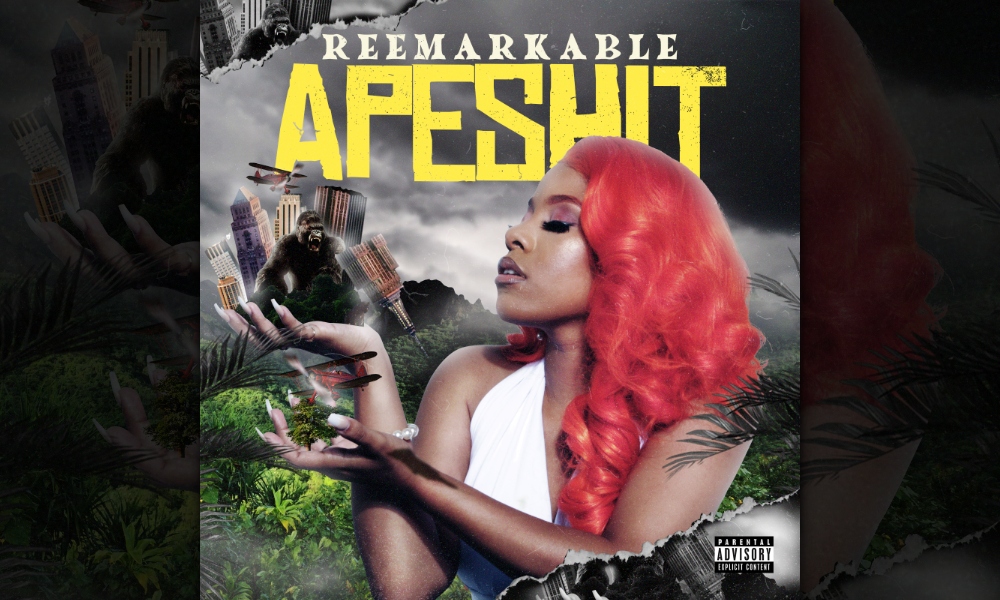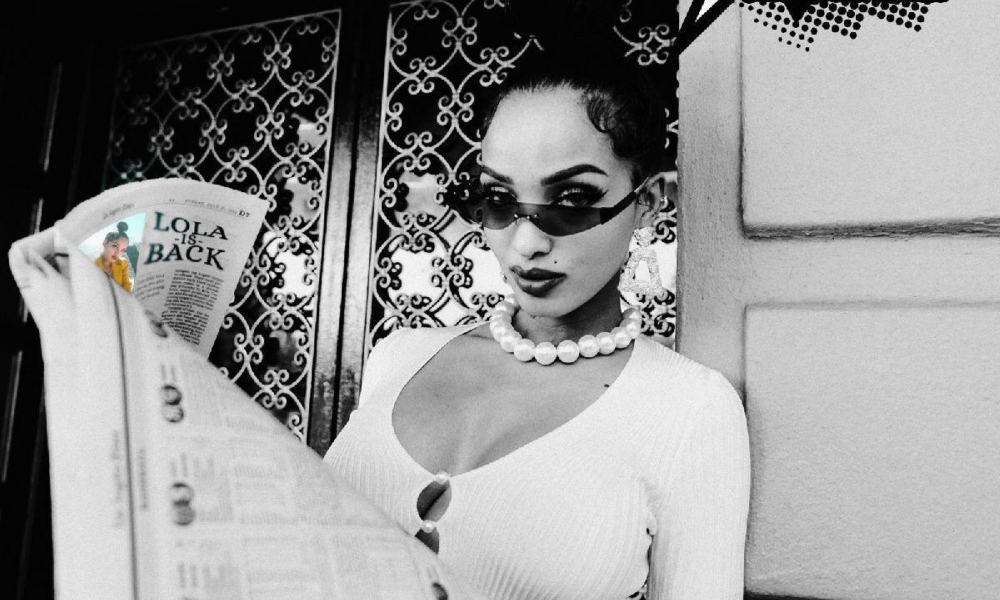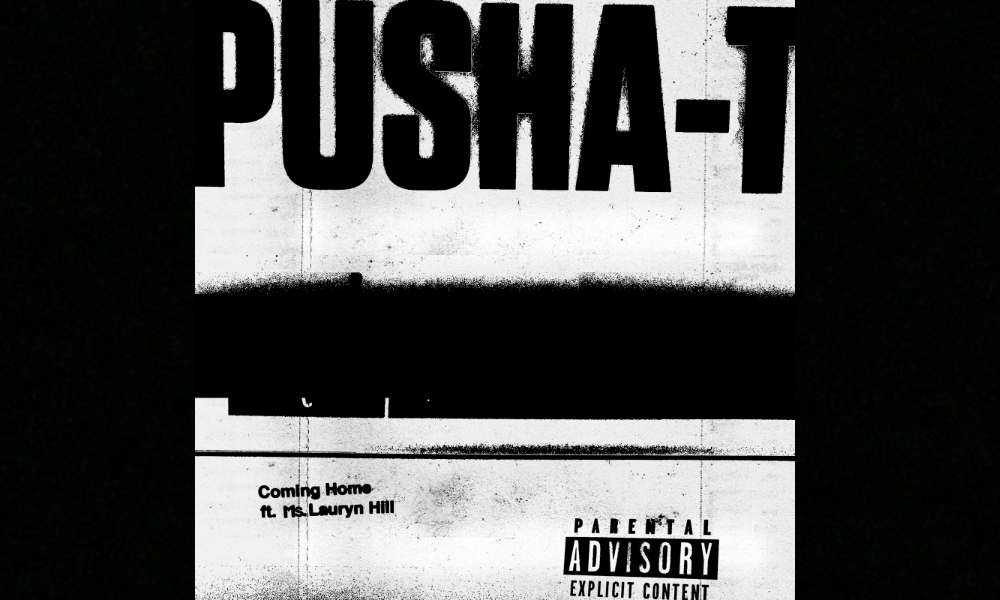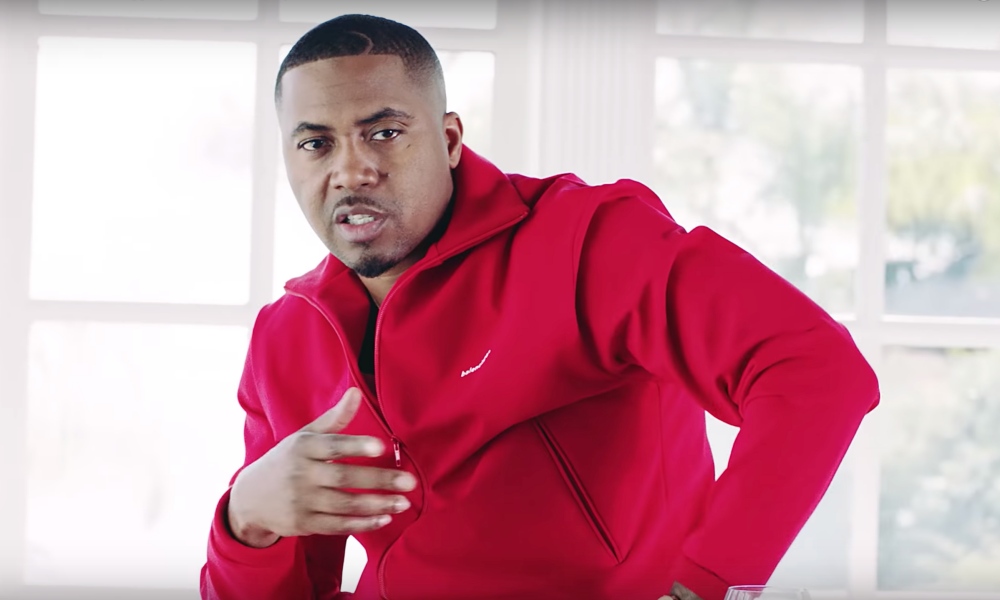With the release of last month's "ARTPOP", Lady Gaga ventured into fan interaction territory that few others have dared to brave: mobile applications (or apps for short). In light of album sales at a disappointing slump at the moment, popular artists and their labels are constantly attempting new methods with which to reinvigorate the music market. Considering the labeling of the millennial generation audience as being rather un-involved in music, it's no wonder labels are jumping through hoops in attempts to garner audience attention for longer periods of time. Gaga is the latest of these music heavyweights to utilize app technology. Her "ARTPOP" app, which is available to download on both Android and iOS devices, was released in an effort to celebrate the release of her third album. The app allows users and self proclaimed "little monsters" to build their own "aura" and interact with other fans while listening to the "ARTPOP" album. Fans have responded positively to the ideas and ambition behind this app, which is where the project excels. Sadly, the follow-through isn't as fantastic. Gaga's new software program faced multiple problems, all stemming from technological glitches.
However, Gaga's app isn't the only one to face troubles upon arrival. The pursuit of music as a more alluring and engaging experience has also caused Forbes Cash King Jay Z to experiment with the format as well. The newly de-hyphenated rapper famously sold a million copies of "Magna Carta Holy Grail" to Samsung before it was available for mass consumption. Samsung in turn distributed the album for free on a mobile app exclusively for Samsung Galaxy owners. The album, which was supposed to be available for download immediately at midnight on the 4th of July, was plagued by software issues. It took multiple hours for fans to get their download versions of the album. The midnight release ended up being remembered as a sloppy ordeal by many, including the fans.
J. Cole also participated in the craze for his "Born Sinner" LP. The young MC released an application which allowed users in certain locations to stream his album before its official debut. This method faced far less problems than the previously aforementioned programs (which is probably due to the smaller of fan users compared to Jay Z and Gaga).
The Black Eyed Peas were notably unsuccessful with their 360 app, which basically used the camera function of any mobile device to place an animated version of the peas before the user. Nicki Minaj attempted to take a bite out of the app industry with the release of her "Nictionary", which gave definitions to absurd and cooky words that only a true "barb" would know. Snoop Lion fans will be happy to know that there is a "Snoopify" app that adds weed culture related touch-ups to any personal photos.
What's important to note is the fact that the apps, which seem to do best, are often ones that allow exclusive content related directly to new music. Jay Z, Gaga, and J. Cole got it right on that level. Surely the other apps are intriguing, but don't expect any kind of memorable success with the projects if they don't give users access to exclusive music content. Otherwise, leave the music apps to Tap Tap Revenge.
By Jose Cadena
As a musician, you’re always looking for ways to improve your craft and reach a wider audience. With the rise of music apps, you may be wondering whether these tools are worth your time or just a waste of it.
While there are certainly pros and cons to using music apps, it ultimately comes down to finding the right balance between creativity and convenience.
On one hand, music apps offer a wealth of resources that can help you create better music and promote yourself more effectively. From digital audio workstations (DAWs) that let you record and mix your own tracks to social media platforms that allow you to connect with fans from all over the world, there’s no denying the potential benefits of using these tools.
However, there are also downsides to consider – such as the risk of relying too heavily on technology at the expense of your own musical instincts.
In this article, we’ll explore both sides of the debate so you can make an informed decision about how best to incorporate music apps into your creative process.
Pros and Cons of Using Music Apps
Using music apps can be both helpful and hindering, depending on the user’s needs and preferences.
One of the biggest advantages of using music apps is the convenience they offer. With just a few clicks, you can access millions of songs, create playlists, and discover new artists without leaving your house. Moreover, some apps like Shazam or SoundHound allow you to identify songs that are playing in stores or on the radio.
However, music apps also have their downsides. First and foremost, not all apps are created equal. Some provide poor sound quality or have limited libraries that don’t cater to specific genres or regions. Additionally, many music apps require an internet connection to function properly which can be problematic if you’re traveling or in areas with poor connectivity.
Lastly, while music apps are great for discovering new artists and genres, they may hinder your creativity as well. For instance, relying solely on algorithmic recommendations may limit your exposure to new sounds or prevent you from taking risks when it comes to creating your own music.
Therefore, it’s important to use these tools sparingly and balance them with other sources of inspiration like live performances or collaborations with other musicians.
Using music apps can be a double-edged sword – they offer unparalleled convenience but also come with limitations that can affect your listening experience and creative process. As such, it’s crucial to choose carefully which ones suit your needs best and use them wisely alongside other resources in order to fully explore the world of music.
Balancing Creativity and Convenience
Striking a balance between artistic expression and practicality can be a challenging task for any creative individual. This is especially true for musicians who rely on technology to get their music out there. While apps have made it easier than ever to produce and distribute music, they can also stifle creativity by providing too many shortcuts.
One of the biggest advantages of using music apps is the convenience they offer. With just a few taps, you can record and mix your own tracks without having to invest in expensive equipment or studio time. However, relying too heavily on these tools can lead to a loss of authenticity in your sound. It’s important not to sacrifice creative exploration for convenience.
At the end of the day, the key is finding a balance that works for you. Use apps as tools rather than crutches. Embrace their ability to streamline your workflow but don’t let them take over completely.
Remember that creativity often comes from unexpected places, so don’t be afraid to step away from technology every once in a while and explore new sounds on your own terms.
Conclusion
Overall, using music apps as a musician is definitely worth it. The convenience they offer in terms of practicing, recording, and collaborating with other musicians is unparalleled. However, it’s important to strike a balance between relying on these apps too heavily and maintaining creativity and originality.
As a musician, you should embrace technology as a tool to enhance your craft but not let it replace your own musical instincts and abilities. With the right mindset and approach, music apps can be incredibly beneficial for musicians looking to expand their skills and reach new audiences in today’s digital age.
So go ahead and explore what’s out there – you might just find that the perfect app takes your music career to new heights!
Since 2005, Singersroom has been the voice of R&B around the world. Connect with us via social media below.

